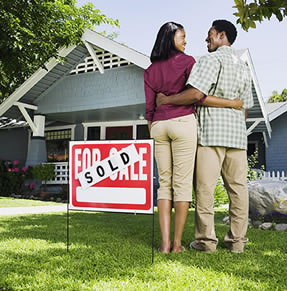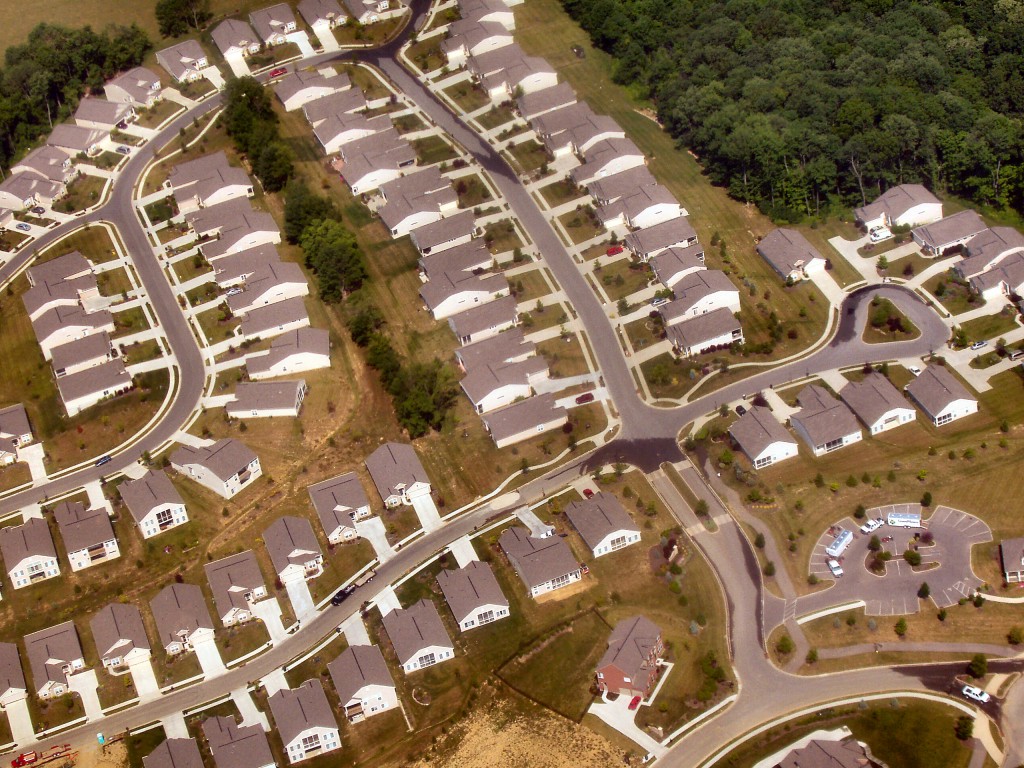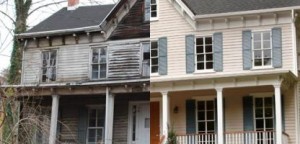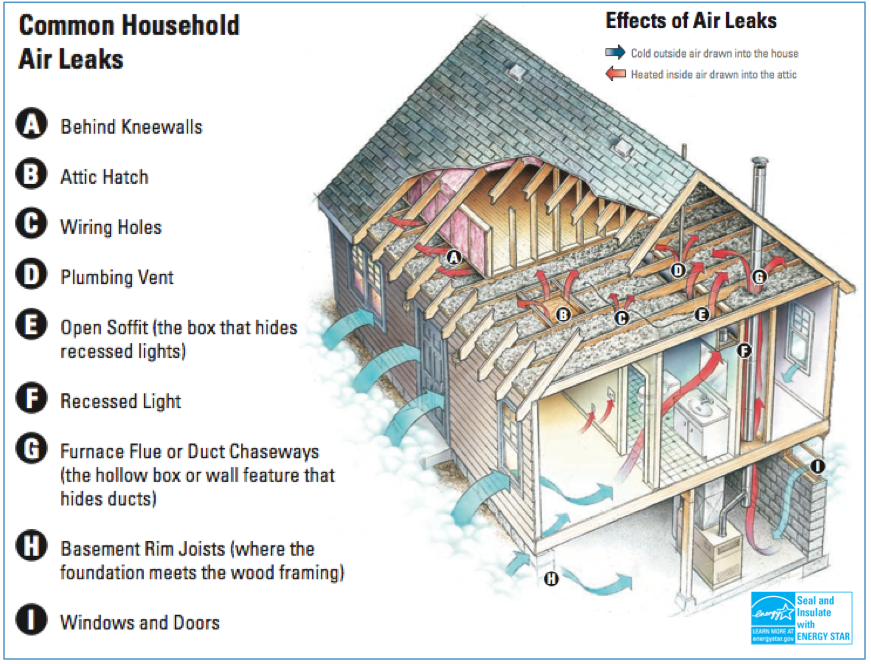Top Mistakes By First Time Home Buyers & Those building New home
Building and buying a new homes is extremely exciting and can be intoxicating at times, especially when it’s your first time. Whether you’re building your very first new home or buying a pre-existing one there are a lot of very important factors to consider. It’s easy to be lured in by the snazzy granite colors, different trim options, hardwood floor species and all the different types of stains. I mean who wouldn’t go a little crazy. First time home buyers buying an already built older home or those building with one of the large national tract home builders should be careful what they are doing, and that’s where an experienced Charleston SC real estate agent can help. While looking at homes that are completely perfect from top to  bottom, you may begin to rationalize a larger purchase than you had originally planned for – “If I am going to have my house I might as well love what I am in, and besides the additional $50,000 isn’t that much more money if I am going to be hear at least 15 years”. Meanwhile 75% of home owners live a home less than 7 years.
bottom, you may begin to rationalize a larger purchase than you had originally planned for – “If I am going to have my house I might as well love what I am in, and besides the additional $50,000 isn’t that much more money if I am going to be hear at least 15 years”. Meanwhile 75% of home owners live a home less than 7 years.
1.) OVERSPENDING – Before even considering going out looking at homes you need to work out your budget and what you can reasonably afford. Reasonably, being the key word here. For one, no {good} agent is going to show you homes without you having the financing part worked out first anyway, but most importantly knowing how much you can truly afford is ideal. There are plenty free online mortgage calculators.
Meet with one of the hundred Charleston SC mortgage lenders or national, but at least talk with two minimum and make sure you’re prepared to know what it takes to get a mortgage approval, and what you can comfortably afford. Having a pre-approval in hand when making an offer will strengthen your negotiating power because the seller knows you are serious.
2.) BE REALISTIC – If you just got out of grad school and have student loans, then you need to base your mortgage on what it is you have for actual income today, don’t assume that you will be earning much more money in a year or two, so you can afford a larger payment. No one can predict the future, and if you think you can just talk to your parents about the great depression or the great recession of just a few years ago, and how that through people’s life into a tailspin.
3.) NOT ACCOUNTING FOR INSURANCES, TAXES, HOAS, AND REGIMES – Renting is SO much different than owning, because when you rent you just make one payment, and in that payment is the landlord’s property taxes, HOA dues, and insurance(s) costs that you pay. Now you see why owning is better than renting. Homeowners insurance and property taxes very based on your geographic location. The S.East coast and here in Charleston SC has notoriously high homeowner’s insurance rates, where they average $161.08 per month due to the ever present risk of hurricane’s, and flooding. Don’t worry there are ways to reduce you home insurance premiums. In Idaho and Wisconsin, rates are a bit lower, averaging below $50 per month, according to Value Penguin. Property taxes average higher in New Jersey, New Hampshire, Texas and Wisconsin and they’re lower in Louisiana, Hawaii, and Alabama.
Then on top of all of those costs, if your down payment is less than 20 percent of the selling price, you may end up paying an additional cost — private mortgage insurance (PMI) — which is basically insurance for the lender in case you default on your loan. Unless you are a veteran who can qualify for a VA loan where there it is is 100% financing, most people have to put money down.
4.) FAILING TO PROTECT YOURSELF – Home inspections provide you with some protection. The inspector will be able to find problems that you can’t and you want to know these problems before you sign on.During your house hunt, you may find a house that looks great at first glance. Then, as you walk through a few of the rooms, you notice problems with the house — maybe the floors squeak or the kitchen island is off-centered. After walking through the house, you come to realize that someone simply put lipstick on a pig, and this house is in questionable shape and that’s why a home inspection is SO important.
Contingency clauses also offer a form of protection. You might be saying to yourself that’s my agent’s job to know that stuff. Yes, but so many times a prospective home buyer will fall in love and disregard what their agent advises to put in the contract such as “contingent upon acceptable home inspection”, or your agent wants the seller to pay for a home warranty. That’s where YOU as the buyer get yourself in trouble, because you will want to waive those clauses so you don’t lose the home.
That brings us to #5
BEING NAIVE & PARANOID – Some first-time home buyers are naive. Overly optimistic, they think nothing could possible go wrong. If a home has a few problems, they view them as easy fixes and are unrealistic when it comes to the cost and time it takes to fix up the home. This is where you should find a contractor to walk a home with you to tell you the true costs of the “easy fixes” so you avoid getting yourself into trouble with a money pit. Some naive buyers will move to a neighborhood on the wrong side of town, forgetting that you can fix up a house, but you can’t change your neighborhood or location without moving.
They’ll submit low-ball offers and then show frustration when they are consistently rejected. Paranoid buyers don’t trust real-estate agents, and may even try to buy their home without an agent, which is generally an unwise choice.


 So.. Next question if you want to live in Downtown Charleston is what kind of home do you want to buy? So many people love the historic charm of such an old city, but homes this old have issues, and there aren’t a lot of
So.. Next question if you want to live in Downtown Charleston is what kind of home do you want to buy? So many people love the historic charm of such an old city, but homes this old have issues, and there aren’t a lot of 